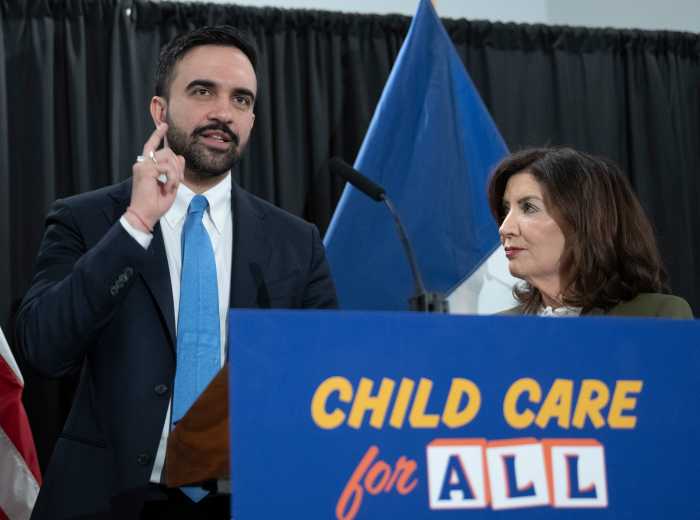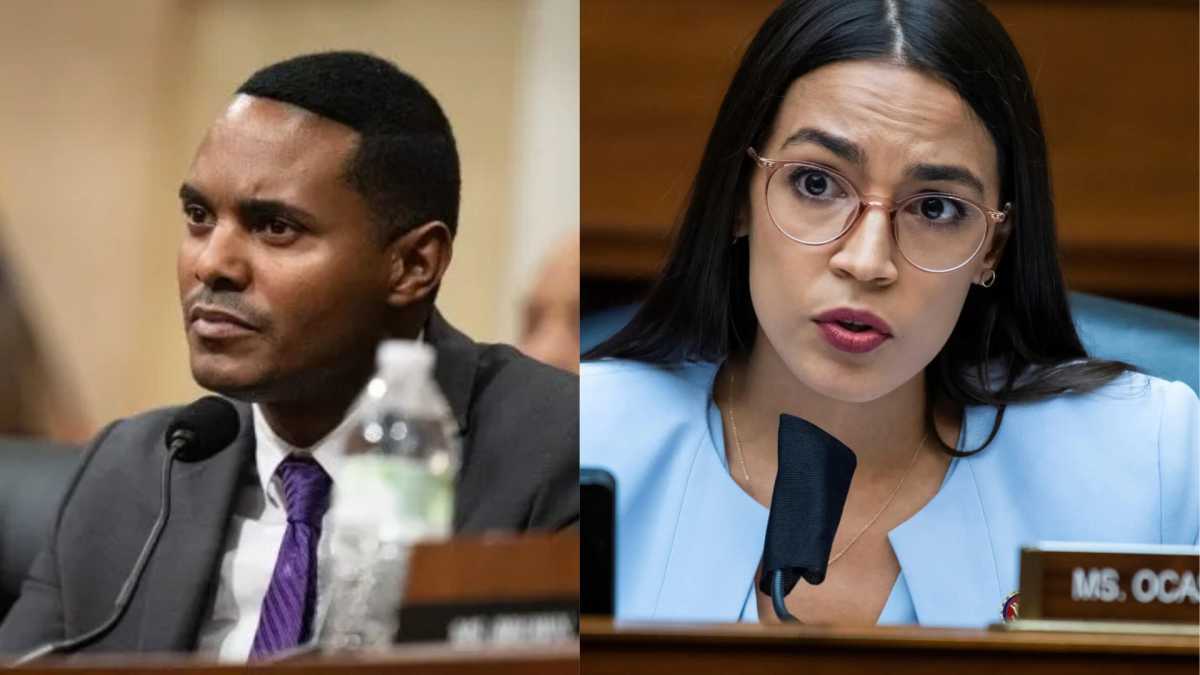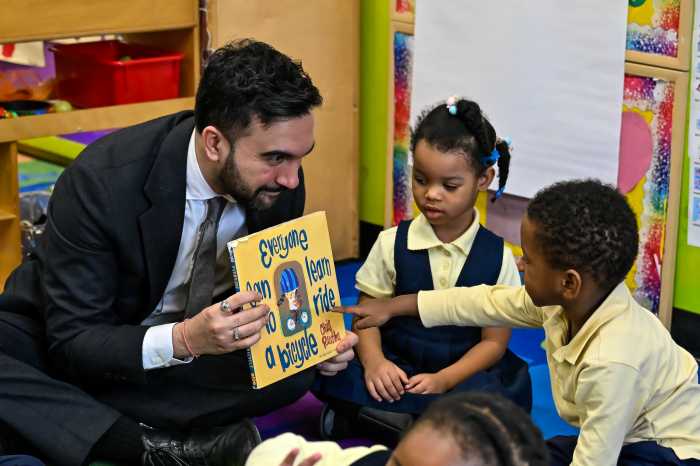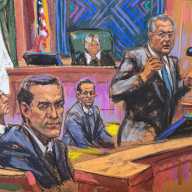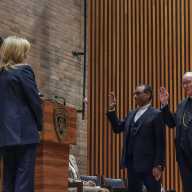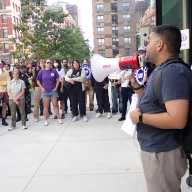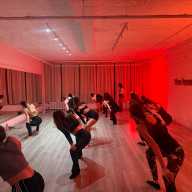Could President Donald Trump end birthright citizenship, guaranteed in the Constitution’s 14th Amendment, through an executive order?
While the president can’t simply change the Constitution with the stroke of a pen, Fordham University Professor Robert J. Hume said Trump administration lawyers could get what they want by arguing for a different interpretation of the amendment’s language.
“It’s sort of interesting how this has been posed because, like so many things in the Trump administration, there are these constitutional questions that either have not come up or were thought to have been settled and now all of a sudden we’re revisiting them,” said Hume, who chairs the Department of Political Science.
Adopted in 1868, Section 1 of the 14th Amendment begins, “All persons born or naturalized in the United States, and subject to the jurisdiction thereof, are citizens of the United States and of the state wherein they reside.” It was adopted after the Civil War in order to protect the freedoms of former slaves.
The language of the amendment appears to leave no doubt as to its meaning, considering that immigrants in the country illegally are “persons,” Hume said.
“I went into this thinking that the president has no case,” he added. “The language of the 14th Amendment seems really clear.”
However, there could be an argument over whether the federal government has jurisdiction over people who are not lawfully in the United States.
“You can’t change the language of the 14th Amendment, but you could try to make the argument that people who enter the country illegally are not subject to the jurisdiction of the United States and therefore the 14th Amendment would not apply to them,” Hume said. “That would be at odds with the original understanding [of the amendment], what I think is the plain meaning and also our history.”
Trump on Wednesday doubled down on his executive-order threat while using the same jurisdiction argument.
"So-called birthright citizenship, which costs our country billions of dollars and is very unfair to our citizens, will be ended one way or the other. It is not covered by the 14th Amendment because of the words ‘subject to the jurisdiction thereof.’ Many legal scholars agree…" he tweeted.
A small number of constitutional scholars may agree with Trump. However, the vast majority have criticized the president’s statements as false and likely a campaign tactic to rile up Republicans ahead of Tuesday’s midterm elections, The New York Times reported.
Hume sees the legal battle over Trump’s so-called travel ban as a model to how he may approach birthright citizenship.
“I had thought the travel ban was plainly unconstitutional, but then Trump comes back and finds a way to write it so that it passes constitutional muster,” he added. “I wonder if we had started with the modified travel ban, if it would have been upheld; but by starting with something more extreme, then he’s able to get the federal judiciary to accept something that’s closer to what he wants that the courts in the past might not have been able to accept.”
‘Chaos’ possible
Trump’s initial birthright citizenship comments, made during an interview with “Axios on HBO” and published Tuesday, immediately sparked outrage among immigration advocates who vowed to fight back.
“Trump’s unconstitutional plan to end birthright citizenship is the latest and most radical example of the extent to which he is willing to violate the U.S. Constitution to redefine who we are as a nation,” the Center for Popular Democracy said in an emailed statement. “But our communities will not be distracted or intimidated by his xenophobic political stunts. We will continue to advance a vision of an inclusive society by showing up in massive numbers at the polls, and lifting our fists and our voices every day to protect the people we love and our country.”
Albert Fox Cahn, legal director for the Council on American-Islamic Relations in New York, said he has no doubt that any attempt to change the 14th Amendment would be challenged in court.
“Let us be clear: No president has the power to take away citizenship from those who were born here,” Cahn said. “We have long failed to live up to the higher ambitions of true equality for all, but we will never let this president drag us down to new depths of division.”

There are two ways to amend the U.S. Constitution, though only one has been used. All 27 amendments have been ratified through a two-thirds majority vote in Congress and with the approval from three-fourths of the nation’s states. The other option would be to call a Constitutional Convention.
Sen. Lindsay Graham (R-S.C.) has promised to introduce legislation to support Trump’s executive order, but the likelihood of a bill passing is extremely slim.
“It wouldn’t be sufficient to just enact legislation and have the states acquiesce. You have to follow the constitutional amendment procedures, and that’s going to require a lot more votes than Graham has,” Hume said, especially if Republicans lose control of the Senate or House in the midterm elections. “He could enact legislation and then try to create a constitutional crisis by having that legislation challenged in court, but that would be different from enacting an amendment.”
Whether Trump and his supporters act through an executive order or legislation, Hume said any move to end birthright citizenship would likely result in chaos, similar to how his initial travel ban executive order played out in January 2017.
“I don’t know if it would be in terms of uncertainty of the status of people who are here and giving birth or it might lead to a last-minute emergency push for migration — I don’t know,” he said. “But I do know that the last time Trump tried to do something like this, there was chaos.”



